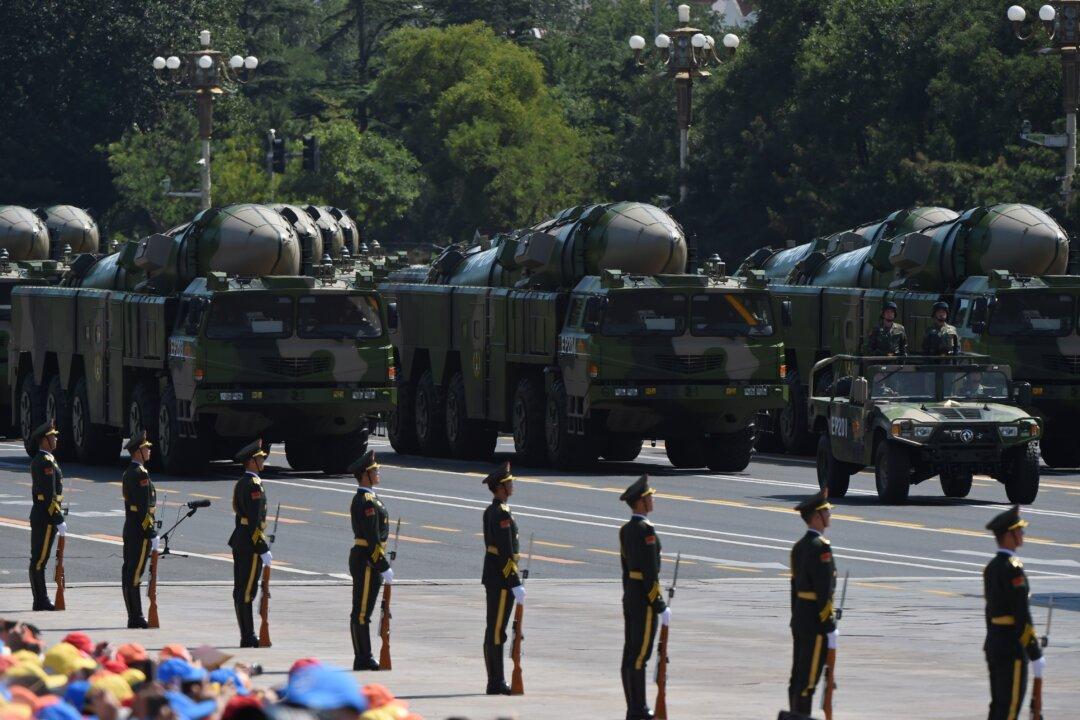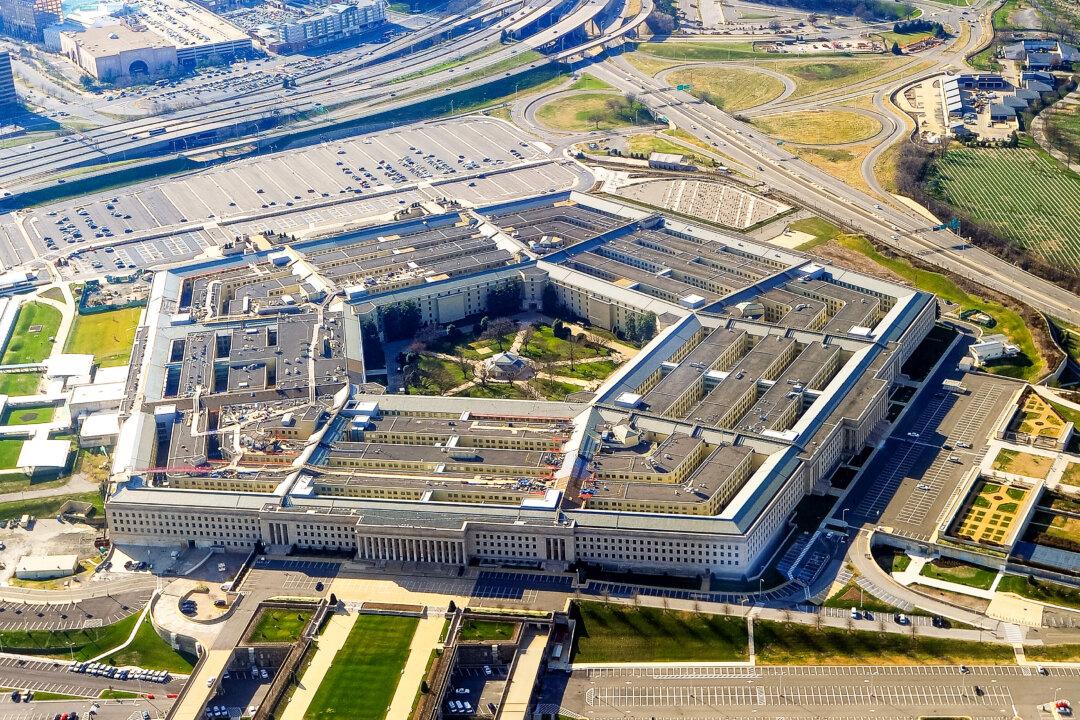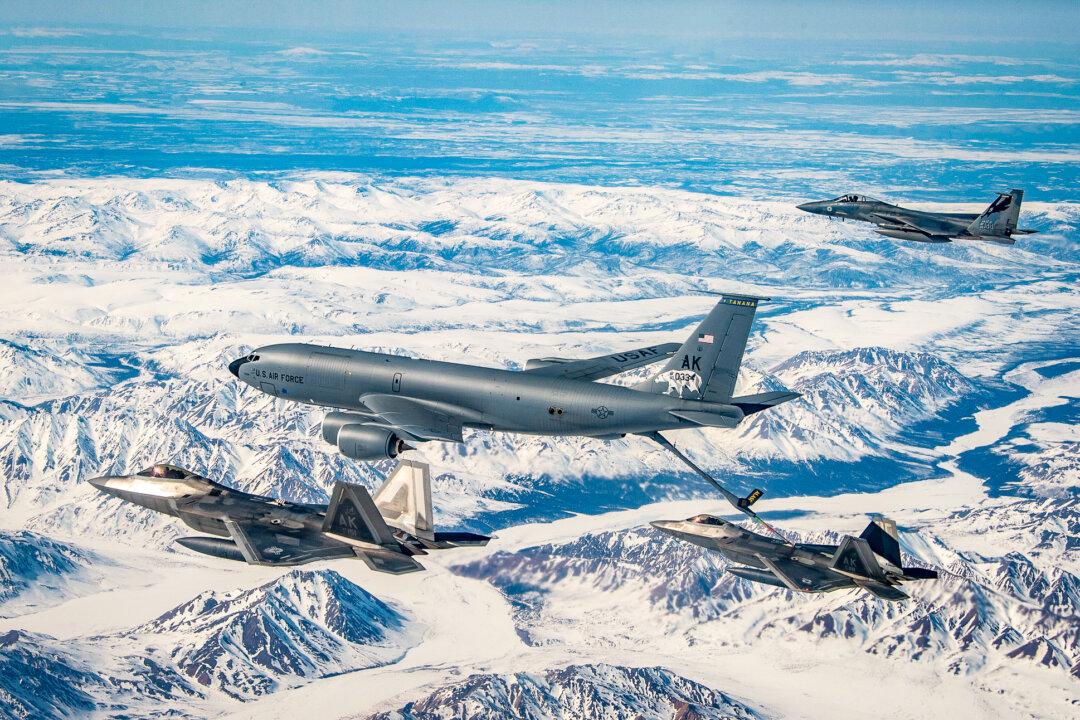The depletion of U.S. munitions stockpiles as a result of Washington’s support of Ukraine could end up posing a grave threat to the United States at a time when China’s communist regime is rapidly modernizing its military, two former U.S. military officials say.
China is currently overtaking the U.S. military while the country is unnecessarily distracted with Ukraine, “wokeism,” and more, retired Air Force Col. Rob Maness, a former bomber squadron commander who served the U.S. military for more than 30 years, told The Epoch Times. Force structure is one of his primary concerns, considering the naval fleet of the People’s Liberation Army Navy (PLAN) is larger than that of the U.S. Navy.




